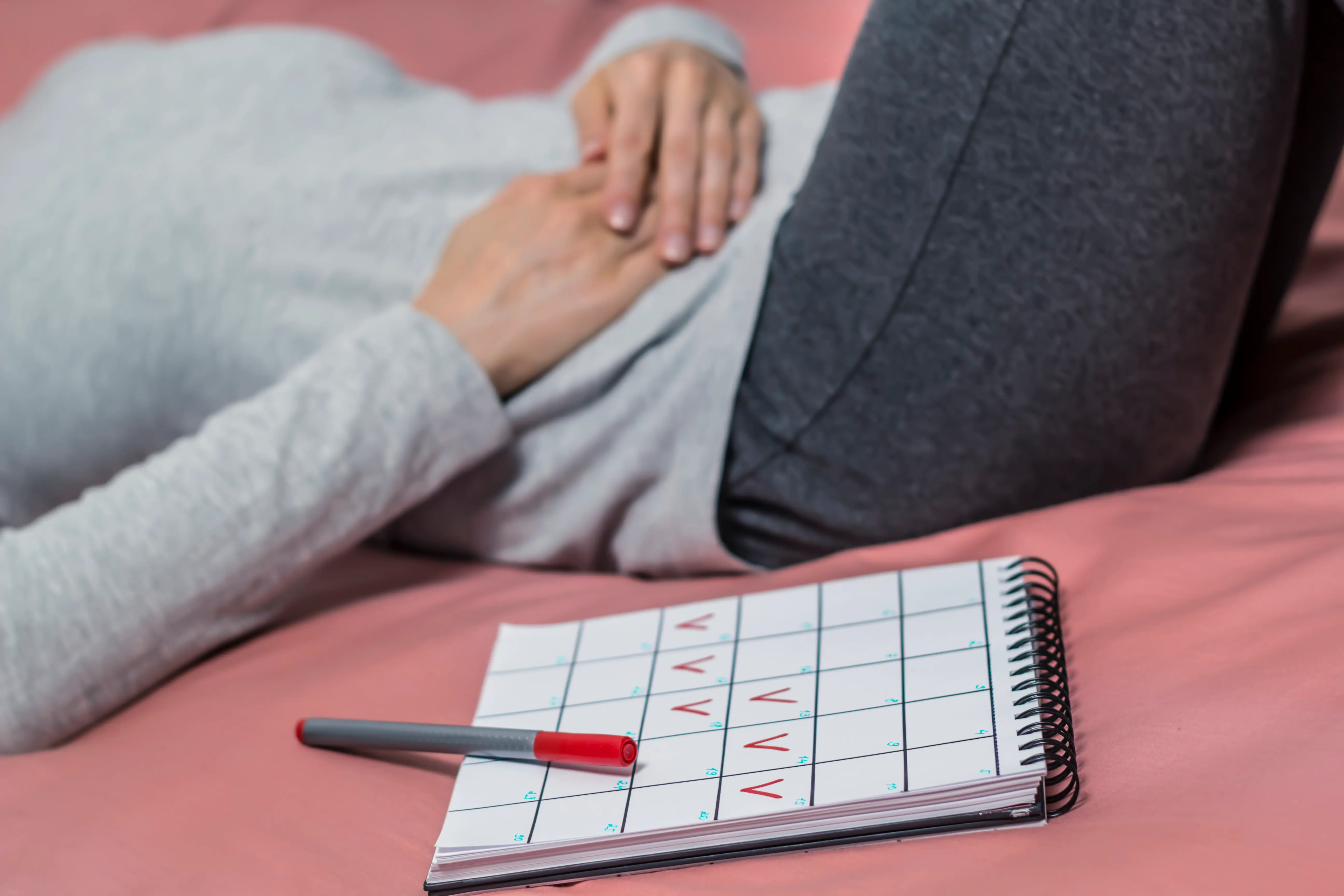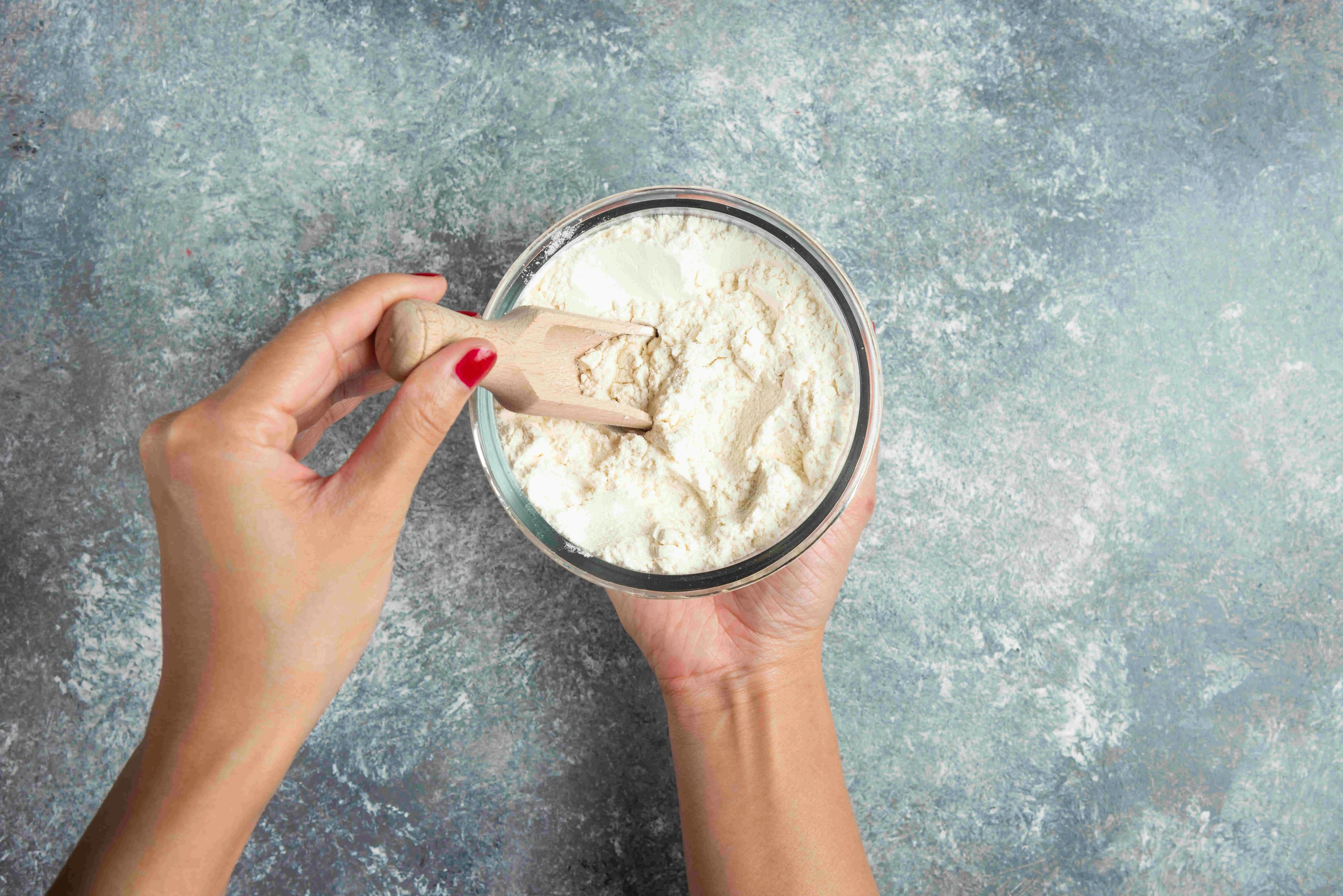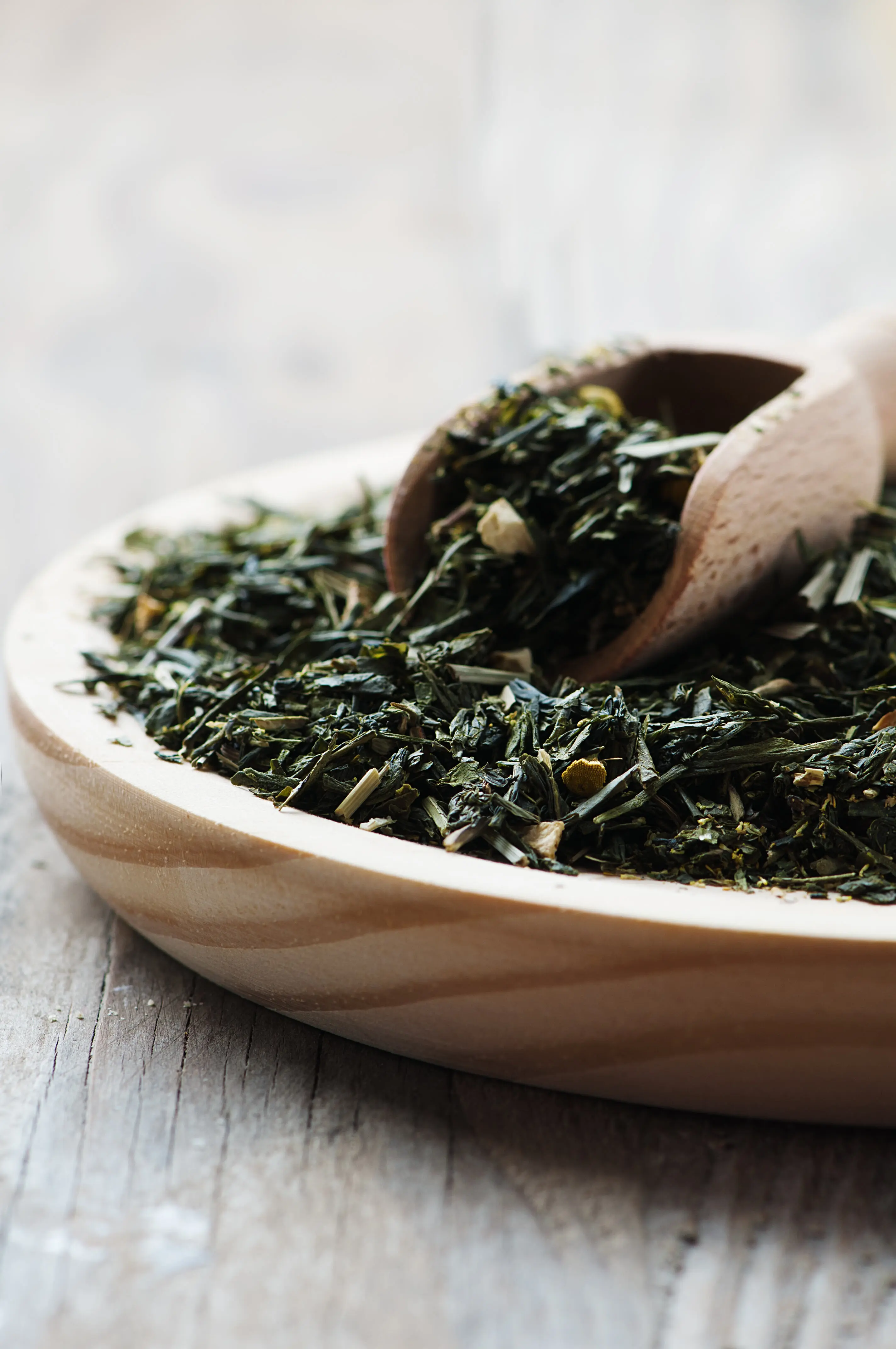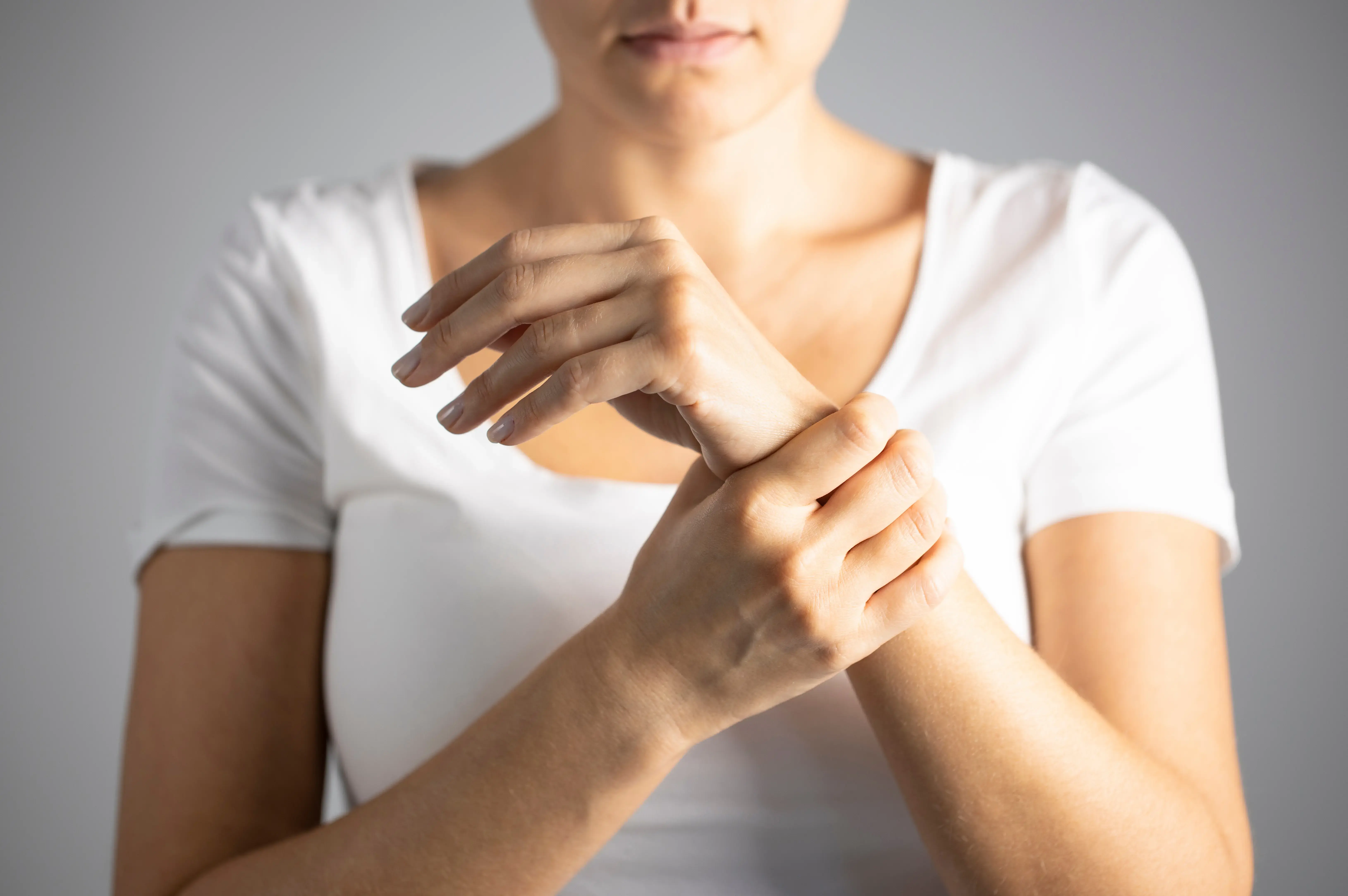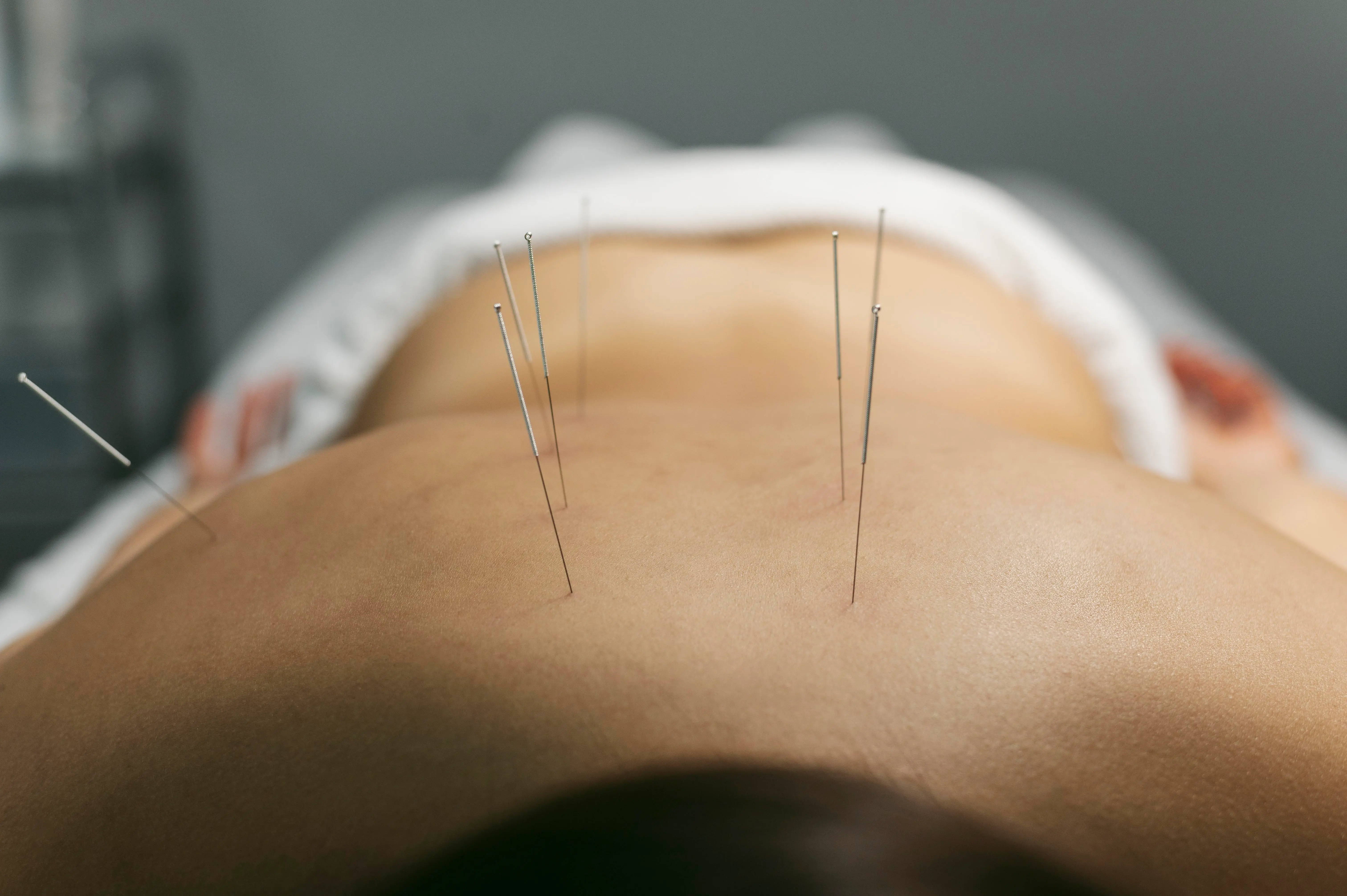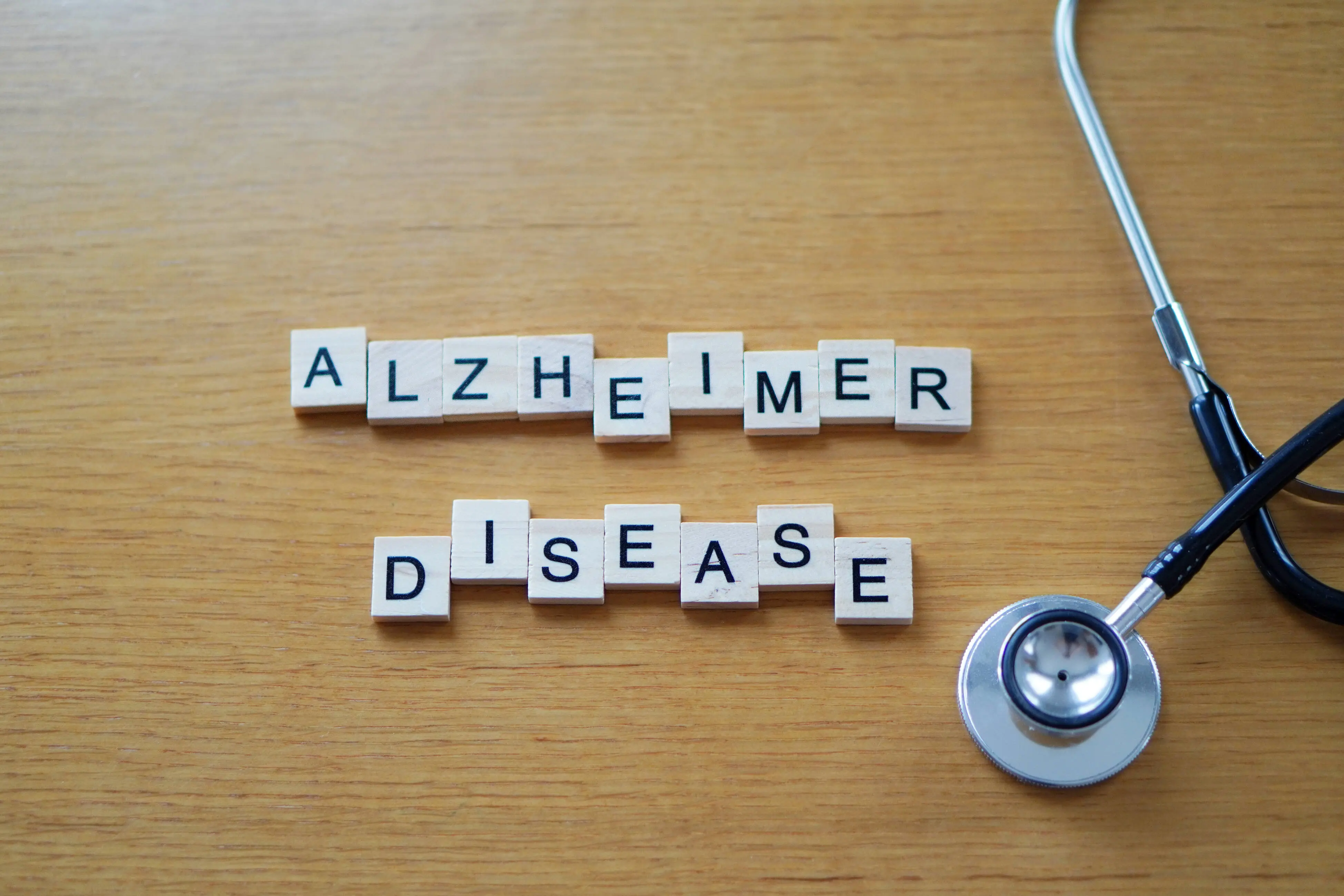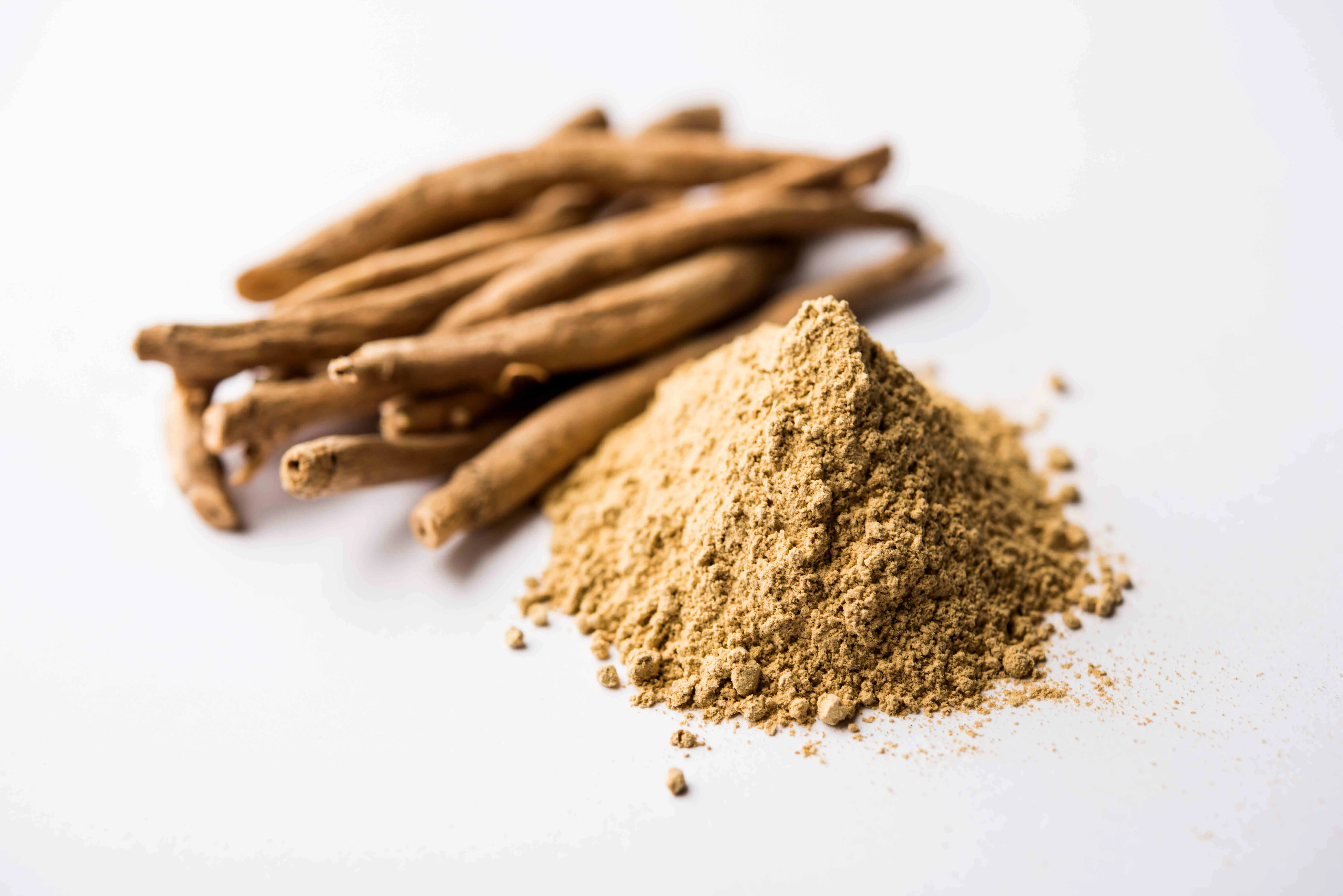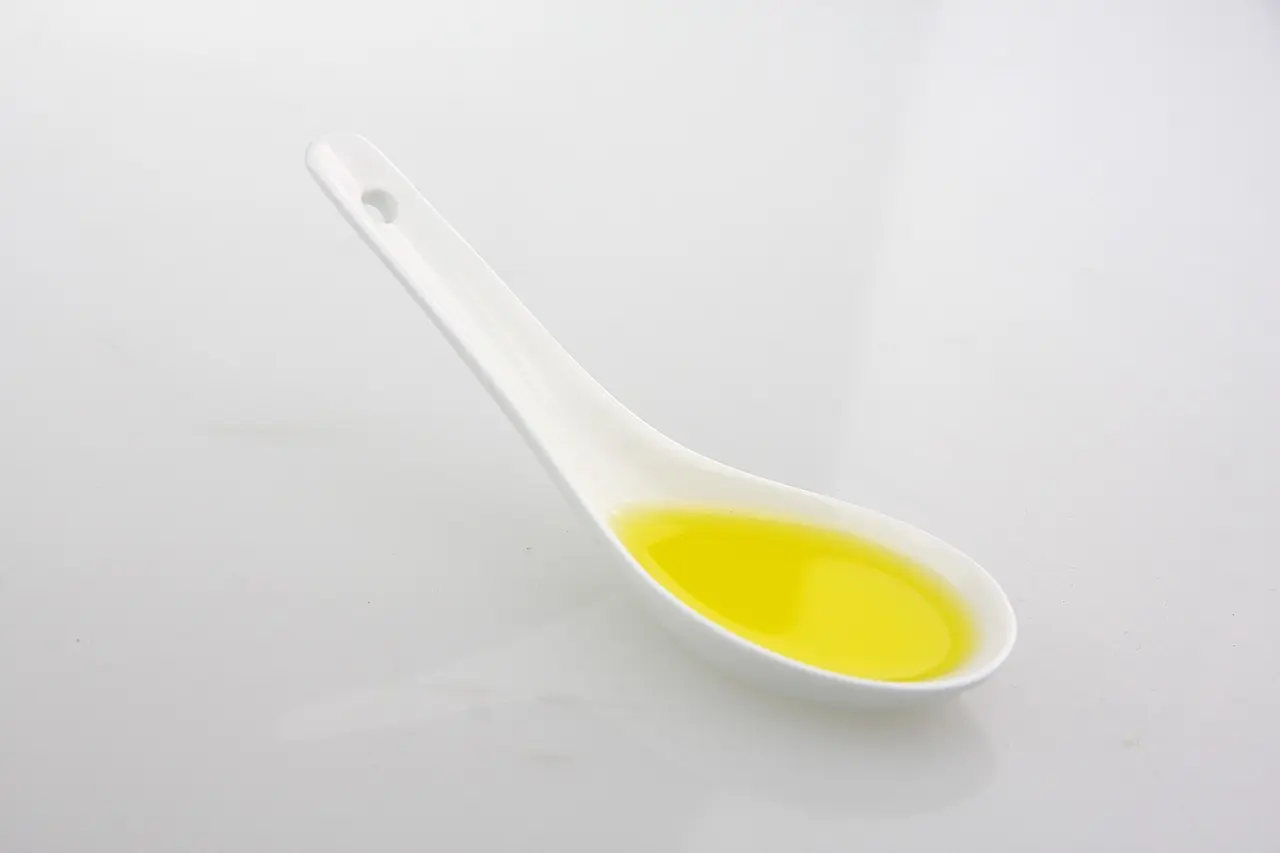Women are familiar with the typical symptoms of premenstrual syndrome (PMS). Some even think it's just part of the package. But it doesn't have to be that way, and you don't just have to 'endure' PMS. When the body is in balance, the world before and during the period sometimes doesn't feel so overwhelming anymore.
What helps a lot: A daily routine in harmony with the four phases of the cycle, as well as a balanced diet. In particular, micronutrients play an important role in alleviating premenstrual symptoms. We asked holistic nutritionist and micronutrient analyst Yasmin Poloczek in an interview why this is the case and which vitamins and minerals are particularly important.
Why micronutrients are so important in PMS
"Micronutrients play a crucial role in relieving PMS symptoms because they have a direct impact on hormone balance," explains Yasmin Poloczek. The reason: PMS can be caused by hormonal fluctuations – especially by an imbalance between estrogen and progesterone. Certain nutrients can specifically help restore balance here.
Particularly significant are:
- Magnesium
- Vitamin B6
- Zinc
- Vitamin D
- Evening Primrose Oil
These micronutrients can alleviate PMS symptoms
Magnesium relaxes muscles, relieves cramps, and has a calming effect on the nervous system. "It is a true miracle cure and one of my personal favorite dietary supplements because it has so many positive effects," says Poloczek. "It is incredibly helpful with PMS as it has a relaxing effect on the body."
Vitamin B6 supports serotonin production – the hormone responsible for emotional well-being – and plays a key role in progesterone production. A deficiency can even exacerbate mood swings and irritability.
Zinc has anti-inflammatory effects (also good for hormonal blemishes), strengthens the immune system, and supports hormone production. "It also helps regulate blood sugar levels, which many women with PMS symptoms find relieving," says the expert.
Vitamin D plays an important role in regulating hormonal balance and also promotes the absorption of magnesium. If you don't get enough sunlight (which is the case for most of us in Germany), it's best to supplement it in consultation with a therapist.
